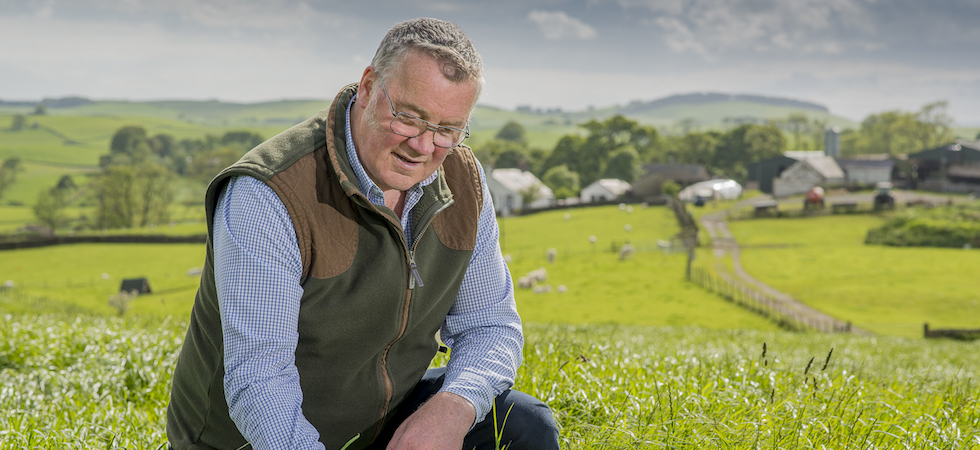National Farmers Union Scotland’s (NFUS) president, Andrew McCornick, has called for certainty and continuity for Scotland’s farmers and crofters and repeats his warning that prospect of a ‘no deal’ would be catastrophic for Scottish agriculture.
Speaking on the day that the Agriculture (EU Retained Law and Data) (Scotland) Bill – the Scottish Agriculture Bill – heads into Stage 2 of the Scottish parliamentary process, McCornick urged focus and momentum on seeking a positive and stable future for Scotland’s agricultural sector to be maintained.
He believes the Bill offers the route to stability; the ability to simplify existing rules and the opportunity for continuity of the Less Favoured Areas Support Scheme.
McCornick added: “Political and economic eyes are focused on the UK and EU negotiations as we move towards the end of June – a critical milestone in determining the future relationship between the UK and the EU from 31 December this year.
“As things stand, the only certainty being offered by the UK Government is that there will be no pause to the current negotiations and no extension – fuelling speculation that ‘no deal’ will be agreed. That would be catastrophic.
“But the Bill also offers much more than certainty and stability – it’s a clear opportunity to simplify and improve current support schemes and act as a stepping-stone to more significant and much-needed change.”
“The UK Government appears unequivocal in its stance. In turn, questions persist around issues of direct interest to Scottish agriculture – trading arrangements, immigration policy, and the form and funding of future support.
“Aside from the politics and possibilities of Brexit, Scottish agriculture needs certainty and continuity from 2021. Absolutely key to that certainty and continuity is the Scottish Agriculture Bill. This legislation is the route to stability in the immediate aftermath of departing the EU and leaving the CAP.
“It will ensure payments and processes under existing and familiar schemes continue for the time being – underpinning all Scottish agricultural businesses.
“But the Bill also offers much more than certainty and stability – it’s a clear opportunity to simplify and improve current support schemes and act as a stepping-stone to more significant and much-needed change.
“There is clear scope to simplify and improve inspections and penalties in relation to existing schemes – as set out in the Union’s Stability – The Platform for Change policy document – and the Scottish Agriculture Bill provides a clear opportunity to do so.”
McCornick continued: “The opportunity must be taken to fully review the current Greening measures. The EU’s blunt Greening rules do not fit the profile of Scottish agriculture and do little or nothing for the environment and just add compliance costs. Smarter environmental outcomes should be introduced from 2021 that complement rather than compromise sustainable food production.
“Critically, and from 2021, the Scottish Agriculture Bill must be used to ensure the continuity of the Less Favoured Areas Support Scheme – and with a maintained £65 million budget. The new legislation must be used to unpick Scotland from existing EU demands that would further destabilise Scotland’s hill farming and crofting interests – and everything they underpin.
“Under EU rules, Scotland would have to introduce and Areas of Natural Constraint (ANC) scheme from next year – leading to a significant and destabilising redistribution of existing support.
“To provide certainty and stability through the next few years, LFASS should continue in its current form until 2024 and be re-based on 2019 livestock data. Re-basing and retention of the existing budget could enable increases in current LFASS payment rates and ensure this vital support is more effectively targeted.”









